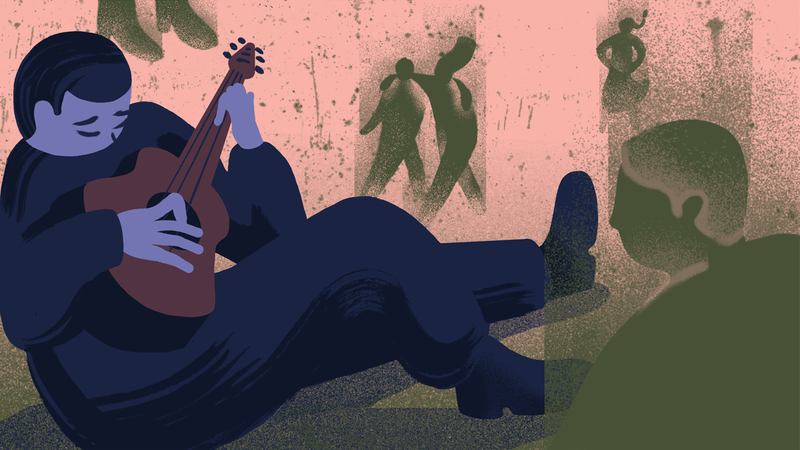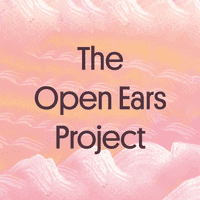The Open Ears Project - Episode Four: On Being Home
Clemency Burton Hill: This is The Open Ears Project. Welcome to day four.
[Music - Lagrima by Francisco Tárrega]
Miloš Karadaglić: So often in life, we you know, we have our shields and things we build around us to, to survive. But in music there are no shields, there is... There is nothing, it's just... You and the music
This is Miloš. I'm a classical guitarist and I'm here just to talk about my favorite piece, Lagrima by Francisco Tárrega
I come from Montenegro, this amazingly beautiful little country in the Balkans, it used to be part of the big Yugoslavia, and at a time when I was growing up that Yugoslavia was sadly separating and breaking up and there was a war in Bosnia and Croatia. And while I remember my childhood to be something wonderful, a childhood surrounded with family and friends, for many years we had electricity cuts and the heating would be off and they would switch off the water for a few hours but the way we dealt with it was we would just get together, and I remember those evenings so well.
Because it kept us warm emotionally and physically. And the guitar comes very much into this equation, because when we were together it gave me this sort of sense that no matter what is happening in the outside world, you are able to create any world you want within.
The power of music is that strong. You're just able to focus on the sound, nothing else exists.
I remember when I first picked up the guitar. I was 14 years old when I had to choose whether I should become a musician. And if I was really serious about this, I should go to London.
When I think of that part of my life, of just arriving in London, it's as if I'm watching a movie of someone else's life, because it was such a huge shift and, and I… I was in this sort of haze and I don’t really remember much except being in this extraordinary place.
Then I read a biography of Tárrega, and he said that he wrote this piece when he came to London. He was very very unhappy and he really wanted to go home and he was extremely nostalgic. So he said he was going to write a piece where every note melts like a teardrop and that's exactly how I felt.
There is a deep emotional connection because it's... maybe it’s just for me, I don't know. Maybe I'm idealizing it, I have no idea but it's... It’s just because I can so relate to every note of that piece, and it's much harder to as an artist find musical meaning in a piece that has very few notes.
Because actually the magic is in between the notes and it's how much time you take in between the notes, how you choose the color, and this piece is so personal and it's all about that nostalgia and that desire to just be home.
[Music - Etude No. 2 by Philip Glass]
CBH: Milos chose Lagrima by Francisco Tárrega and if you’d like to hear Milos himself playing it in full, it’s coming up any moment. And if there’s a piece that always gets you home, we’d love to hear about it. You can email us, hello@openearsproject.org. See you tomorrow.
Copyright © 2019 New York Public Radio. All rights reserved. Visit our website terms of use at www.wnyc.org for further information.New York Public Radio transcripts are created on a rush deadline, often by contractors. This text may not be in its final form and may be updated or revised in the future. Accuracy and availability may vary. The authoritative record of New York Public Radio’s programming is the audio record.Note: The copyright date for any new transcripts should reflect the year the transcript is created. Also, for transcripts being created now for shows in the past, and send out or posted now, the language should be on the transcript (again, with the copyright date the transcript was created). For example, any transcripts created between now and the end of the year would have the copyright date of 2019, even if the show was made in 2018.

